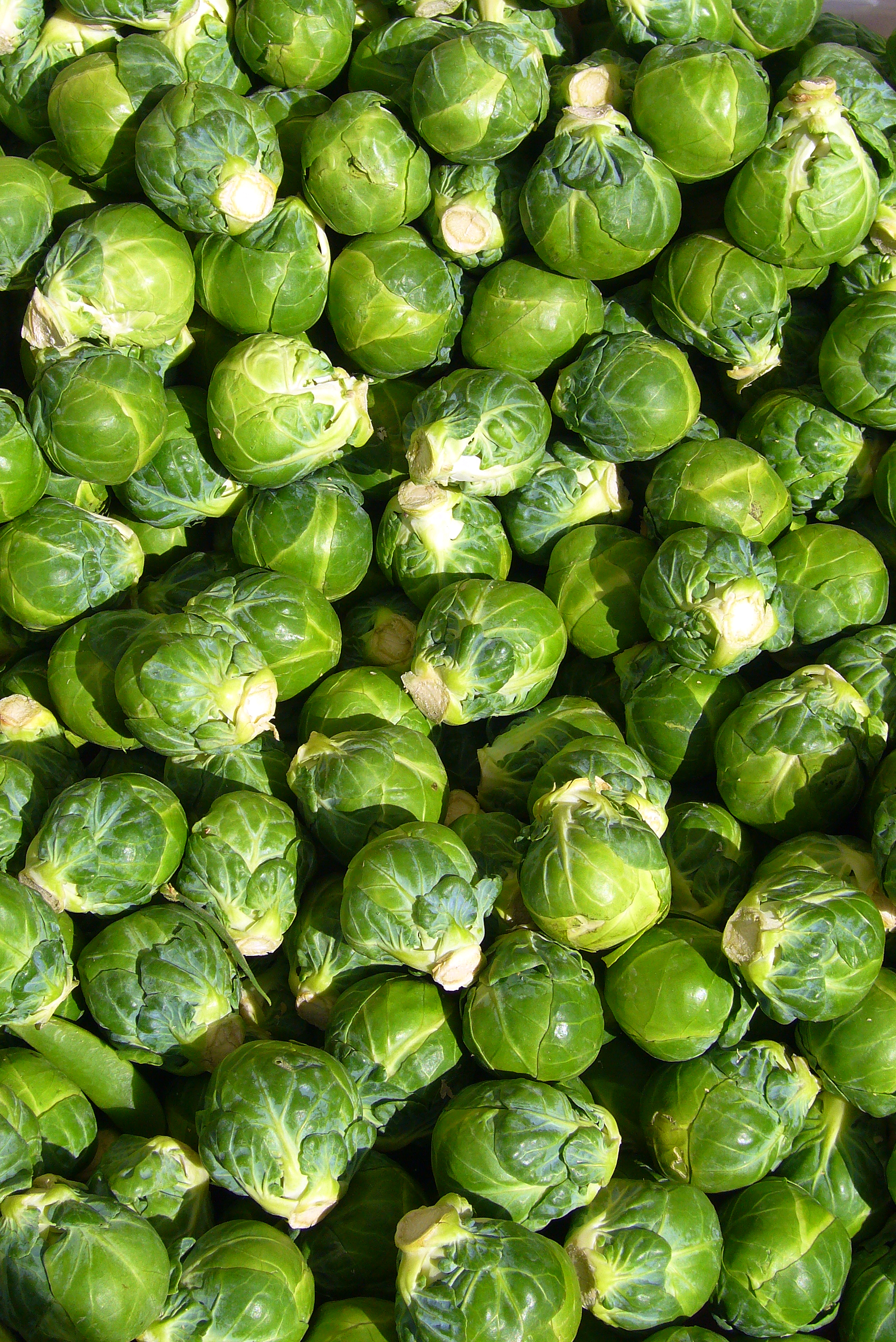Exploring The Nutritional Benefits And Uses Of Sprouts
Sprouts are becoming increasingly popular as a superfood, praised for their rich nutritional profile and health benefits. These tiny green shoots are not only packed with vitamins and minerals but also offer a variety of culinary uses that make them a versatile ingredient in many dishes. In this article, we will delve into the world of sprouts, exploring their benefits, types, and how to incorporate them into your diet.
Understanding sprouts and their nutritional value can empower individuals to make healthier dietary choices. From boosting immunity to aiding digestion, the benefits of sprouts are extensive. Moreover, they are easy to grow, making them an accessible option for anyone looking to enhance their meals with fresh, nutrient-dense ingredients.
This comprehensive guide will cover everything you need to know about sprouts, including their health benefits, types, and how to include them in your diet. By the end of this article, you will be equipped with the knowledge to harness the power of sprouts in your daily meals.
Table of Contents
- What Are Sprouts?
- Health Benefits of Sprouts
- Types of Sprouts
- How to Grow Sprouts at Home
- Cooking with Sprouts
- Nutritional Value of Sprouts
- Safety Considerations When Consuming Sprouts
- Conclusion
What Are Sprouts?
Sprouts are germinated seeds that are consumed as food, either raw or cooked. They can be derived from a variety of seeds, grains, and legumes. The sprouting process involves soaking the seeds in water, allowing them to germinate, and then rinsing them to promote growth. This process enhances the nutritional profile of the seeds, making them richer in vitamins, minerals, and enzymes.
The Sprouting Process
The basic steps to grow sprouts are as follows:
- Soak the seeds in water for several hours.
- Rinse and drain the seeds.
- Keep them in a sprouting jar or container, rinsing them every few hours.
- Within a few days, the seeds will begin to sprout.
Health Benefits of Sprouts
Sprouts are known for their numerous health benefits, which include:
- Rich in Nutrients: Sprouts are a concentrated source of vitamins and minerals, including vitamin C, vitamin K, and folate.
- High in Antioxidants: They contain antioxidants that help combat oxidative stress and reduce inflammation in the body.
- Aid Digestion: The sprouting process increases the bioavailability of nutrients, making them easier to digest.
- Support Immune Function: The vitamins and antioxidants in sprouts can help bolster the immune system.
- Weight Management: Low in calories but high in nutrients, sprouts can help those looking to lose weight or maintain a healthy diet.
Types of Sprouts
There are several types of sprouts, each with its unique flavor and nutritional benefits:
- Alfalfa Sprouts: Mild flavor, rich in vitamins A, C, E, and K.
- Broccoli Sprouts: High in sulforaphane, an antioxidant with cancer-fighting properties.
- Bean Sprouts: Commonly used in Asian cuisine, they are high in protein and fiber.
- Radish Sprouts: Peppery flavor, rich in antioxidants and vitamins.
How to Grow Sprouts at Home
Growing sprouts at home is simple and requires minimal equipment. Here’s how you can do it:
- Choose your seeds (e.g., alfalfa, mung beans, or broccoli seeds).
- Soak the seeds in water overnight.
- Drain and rinse the seeds, then place them in a sprouting jar.
- Keep the jar in a dark, warm place, rinsing the seeds 2-3 times a day.
- After 3-5 days, your sprouts will be ready to eat!
Cooking with Sprouts
Sprouts can be enjoyed in a variety of dishes, including:
- Salads: Add fresh sprouts to salads for a crunchy texture.
- Sandwiches: Use sprouts as a topping for sandwiches and wraps.
- Stir-Fries: Incorporate sprouts into stir-fries for added nutrition and flavor.
- Smoothies: Blend sprouts into smoothies for a nutrient boost.
Nutritional Value of Sprouts
Sprouts are incredibly nutrient-dense. Here’s a comparison of the nutritional values of common sprouts per 100 grams:
| Type of Sprout | Calories | Protein (g) | Fiber (g) | Vitamin C (mg) |
|---|---|---|---|---|
| Alfalfa Sprouts | 23 | 4 | 1.9 | 6.7 |
| Broccoli Sprouts | 34 | 3.5 | 1.6 | 89.2 |
| Mung Bean Sprouts | 30 | 3.1 | 1.8 | 13.0 |
Safety Considerations When Consuming Sprouts
While sprouts are generally safe to eat, there are some safety precautions to consider:
- Wash Thoroughly: Always wash sprouts before consumption to reduce the risk of contamination.
- Buy from Reputable Sources: Purchase sprouts from trusted suppliers to ensure they are grown in safe conditions.
- Keep Refrigerated: Store sprouts in the refrigerator to maintain freshness.
Conclusion
In summary, sprouts are a highly nutritious addition to any diet, offering numerous health benefits and culinary versatility. Their ease of growth makes them accessible to everyone, and their rich flavor can enhance a variety of dishes. By incorporating sprouts into your meals, you can boost your nutrient intake and enjoy a delicious, health-conscious lifestyle. Don’t hesitate to share your thoughts in the comments below, and be sure to explore more articles on our site for additional health tips and recipes!
Thank you for reading! We hope you found this article informative and inspiring. Come back for more insights into healthy living and nutrition.
Kyle Filipowski: A Rising Star In The Tech Industry
Understanding Grainger: Your Comprehensive Guide To Industrial Supply
Exploring The Life And Career Of Ben Barnes: A Comprehensive Guide


